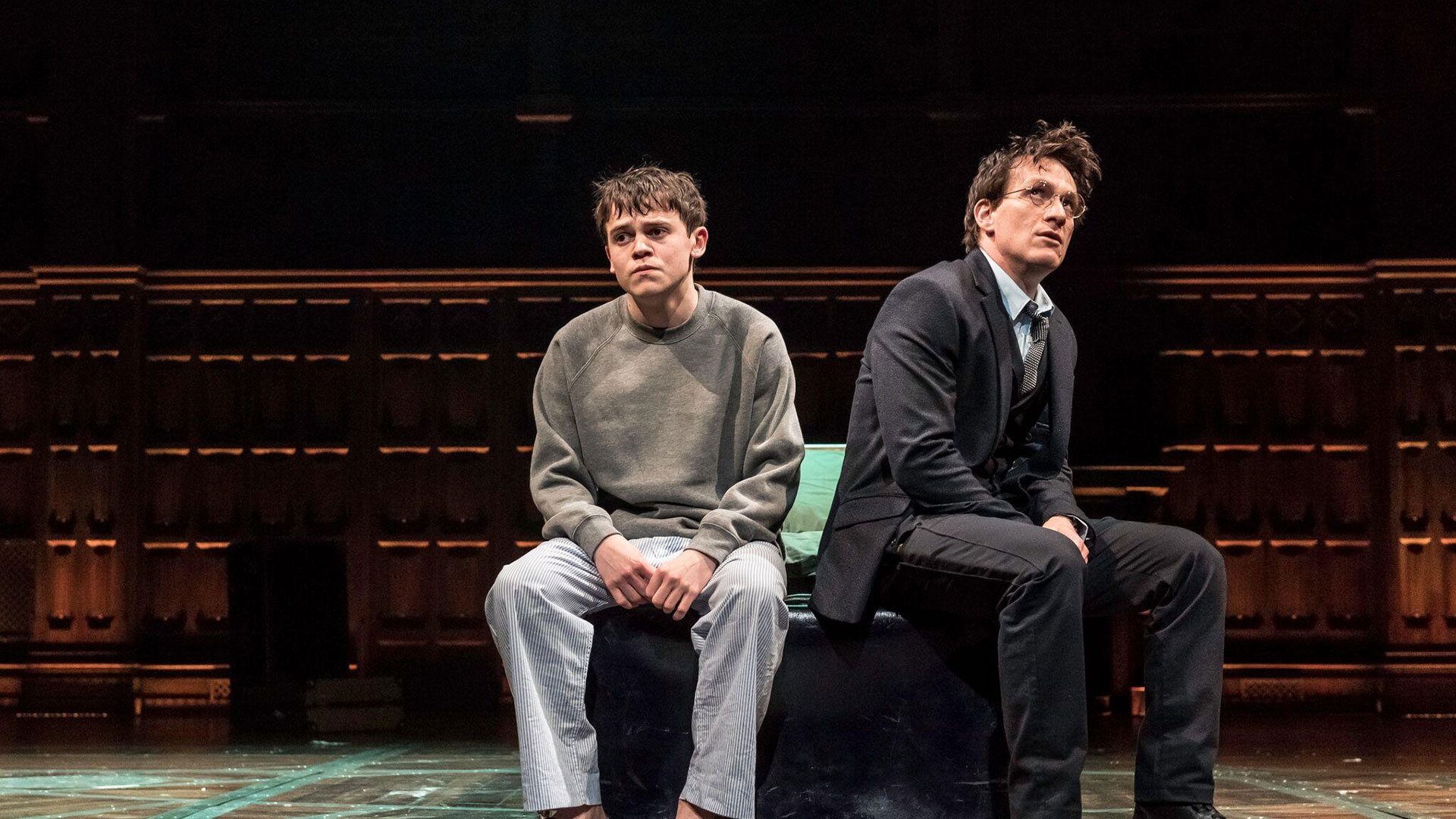“All was well.” After seven books, 4,095 pages and 1,084,170 words, readers of the Harry Potter series were assured by the last line that despite The Boy Who Lived almost dying countless times, he had been blessed with the happy ending he deserved. But it turns out that all was well for about five minutes.
Harry Potter and the Cursed Child is written by Jack Thorne, based on a story by Thorne, John Tiffany and J.K. Rowling. Given its authorship, it has an uneasy relationship with the existing books but signs around the Palace Theatre proclaim this is “the eighth story”. Other signs ask the audience to #KeepTheSecrets so as not to spoil the show for those who have not seen it – and may not see it for some time. Obtaining tickets for the two part play is about as tricky as catching a Golden Snitch. So although this review will avoid divulging specific plot details, if you want to remain as oblivious as a Muggle stop reading now!
The play picks up where the epilogue of The Deathly Hallows left off. Nineteen years after the main events of the books, Harry and Ginny Potter are taking their second son Albus Severus to board the Hogwart’s Express for his first term at the school for wizards. Also taking the train is Ron and Hermione’s daughter Rose and (boo/hiss) Draco Malfoy’s son Scorpius.
Potter and Malfoy Jnrs immediately strike up a friendship, bonding over their shared curse to be sons of famous and infamous parents. To paraphrase Larkin: They Fudge you up, your mum and dad, and their subsequent rebelling has severe consequences.
Much of The Cursed Child is carried with ease by the pair. Anthony Boyle plays Scorpius with wonderfully natural disarming charm. With his shock of shaggy blond hair and blustering mannerisms he is like a benign Boris Johnson. Sam Clemmett’s Albus grows more miffed and moody as the play continues the trajectory established by the books, with every instalment creeping into darker territory, Part One ending in a giddy cliffhanger that sees Hogwarts experiencing its gloomiest days seen yet.
If Harry Potter thought that being orphaned, raised by abusive relatives, discovering he was a wizard – one who had to fight, repeatedly, the biggest baddest villain ever – was tough, all that was nothing compared to the challenges of parenting a teenager. The tried and tested trio of friends from the franchise rally to rescue their offspring. Jamie Parker, Noma Dumezweni and Paul Thornley as Harry, Hermione and Ron are competent custodians of their characters. Harry is now a slightly dissatisfied desk jockey at the Ministry of Magic, Hermione has matured but has lingering busybody tendencies, while Ron is still the comic relief. Bloody hell.









